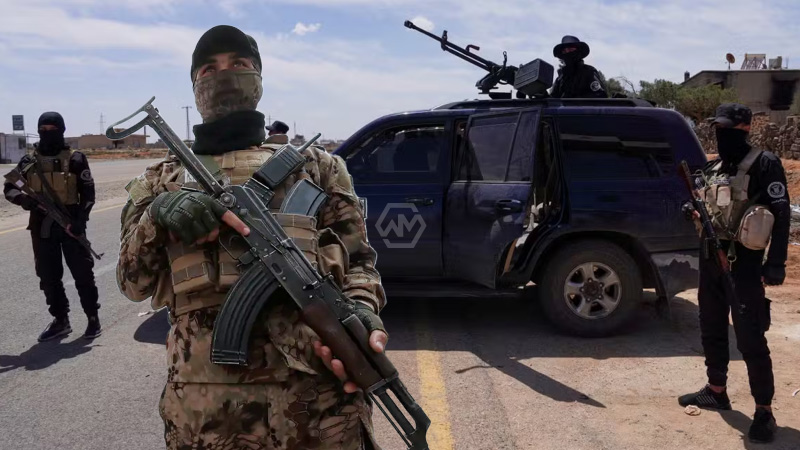- Over 30 people killed and nearly 100 injured in sectarian violence in Sweida, Syria.
- Clashes erupted following a series of kidnappings between Druze militias and Sunni Bedouin clans.
- Syria’s new post-Assad government deploys forces to contain rising unrest in minority-dominated areas.
A deadly surge of sectarian violence has erupted in southern Syria, where over 30 people have been killed in clashes between Druze militias and Sunni Bedouin clans in Sweida province.
The current instability reflects deep-rooted grievances in Syria’s fractured society following the collapse of the Assad regime in December 2024. With Islamist factions assuming control, fears among religious minorities have heightened.
Sweida’s Fragile Peace Shattered: Sectarian Violence Escalates in Post-Assad Syria
Clashes began late last week after the reported abduction of a Druze merchant on a highway linking Damascus and Sweida. The incident quickly spiraled into tit-for-tat kidnappings, highlighting the growing lawlessness in regions where central authority is weak or distrusted. Witnesses described street battles, sniper fire, and widespread fear among civilians caught in the crossfire.
The Druze, a small religious sect with unique beliefs rooted in Shia Islam, have historically maintained an armed presence to defend their communities. Since the regime’s fall, internal divisions among Druze factions have emerged—some advocate for neutrality, others for integration with the new Islamic-led government, and a few push for full autonomy.
Sweida had remained largely quiet during much of Syria’s 13-year civil war, but recent months have seen an uptick in sectarian clashes. Previous skirmishes in nearby towns, including Jaramana, foreshadowed this larger outbreak. The new authorities in Damascus are struggling to gain legitimacy in regions long alienated from both the Assad regime and the Islamist opposition.
This violence complicates Western efforts to re-establish ties with the new Syrian leadership. While symbolic gestures—like removing Hayat Tahrir al-Sham from terror watch lists—signal openness to diplomacy, continued instability among minorities may deter broader international recognition. Locals say more needs to be done to protect civilians and establish inclusive governance.
Sweida’s recent bloodshed exposes the perilous state of Syria’s post-Assad transition, where power vacuums, historical grievances, and sectarian divides continue to fuel deadly conflict.
“Peace is not merely the absence of war, but the presence of justice.” — Martin Luther King Jr.



